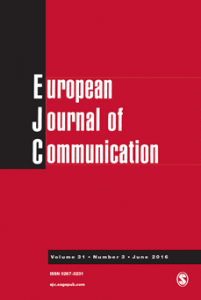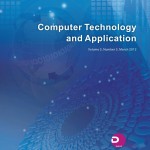
Do you know the difference between a group of researchers in the same field who cite each other’s related work, and a group of authors who purposefully cite each other in order to boost their own profiles? It’s not easy to do, say researchers in a new article about so-called “Citation cartels.” In Frontiers in Physics, Matjaz Perc and two Iztok Fisters (Senior and Junior) from the University of Maribor in Slovenia present an algorithm to help identify groups of researchers citing each other for overly collegial reasons. (For more on the phenomenon, see a recent column in STAT by our co-founders.) We spoke with first author Iztok Fister Jr.
Retraction Watch: What exactly are “citation cartels”? How do they differ from groups of researchers in the same field who tend to cite each other because their research is related in some way, without any nefarious intent? Continue reading How to spot a “citation cartel”




